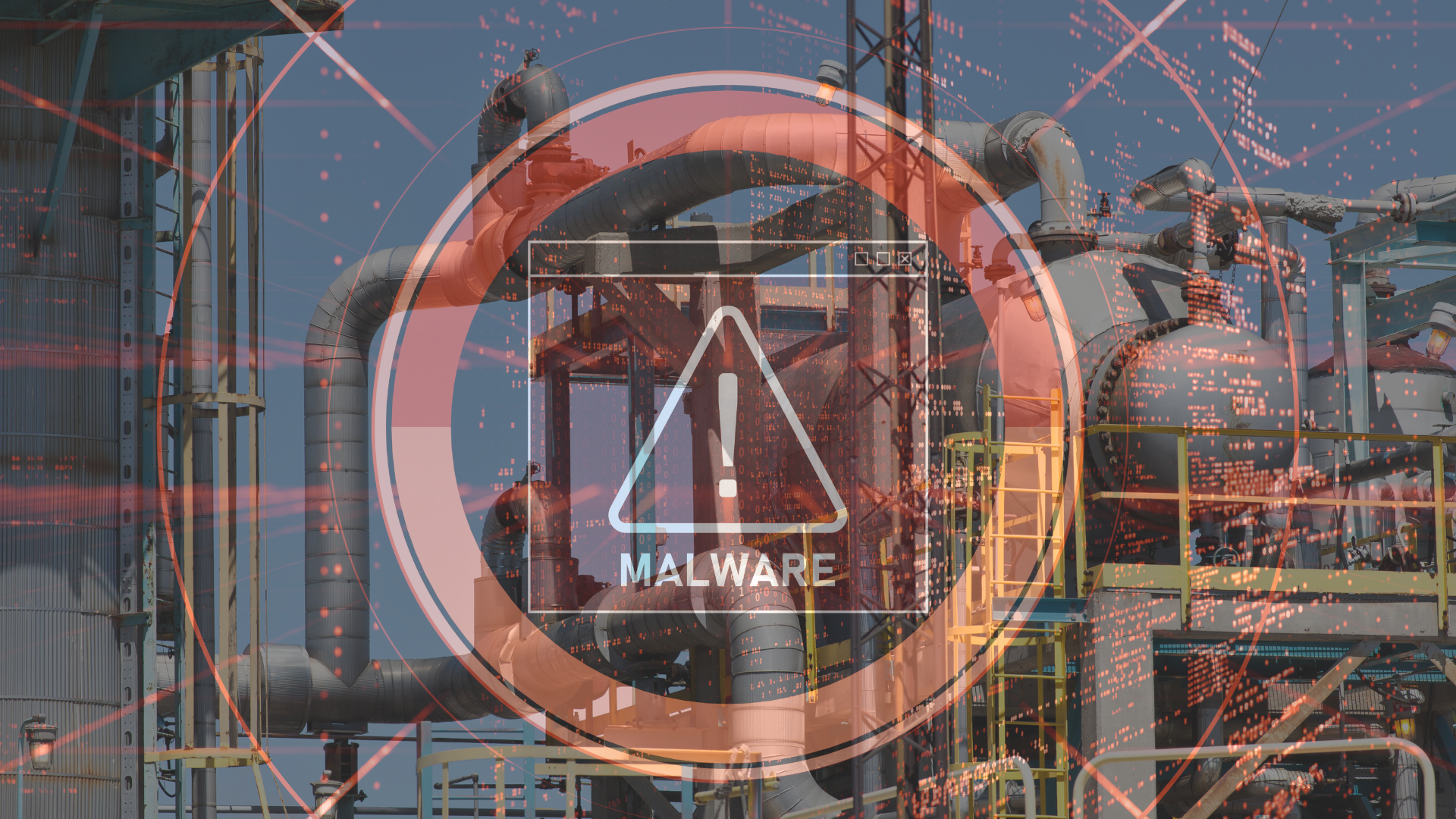ENGlobal Hit by Cybersecurity Breach Impacting Operations

In a stark reminder of the vulnerabilities facing critical infrastructure companies, ENGlobal Corporation, a provider of engineering and automation services, reported a cybersecurity breach affecting its information technology (IT) systems. The breach, disclosed on November 25, 2024, involved unauthorized access by threat actors who encrypted certain data files. The incident has limited access to ENGlobal’s IT systems and disrupted essential business operations.
This breach comes amidst a surge in cyberattacks targeting the energy sector, highlighting the growing risks to companies involved in critical infrastructure and national security.
Details of the Cybersecurity Incident
ENGlobal, headquartered in Houston, Texas, primarily serves the energy industry through its Commercial and Government Services segments. The company disclosed the breach in a filing with the U.S. Securities and Exchange Commission (SEC), stating that immediate measures were taken to contain and assess the incident. These steps included:
- Initiating an internal investigation.
- Engaging external cybersecurity specialists.
- Restricting access to IT systems to safeguard data and mitigate further risks.
According to Darren Spriggs, ENGlobal’s CFO, the timing for full restoration of IT system access remains unclear. He also noted that the company has yet to determine whether the breach will materially impact its financial performance or operational results.
While the exact details of the attack vector remain undisclosed, the breach raises questions about the security of the company’s operational technology (OT) systems, critical for automation and control processes. The extent of the breach and its implications for ENGlobal’s government contracts, including work with the Department of Defense (DoD) and NASA, are also areas of concern.
Energy Sector Under Siege: A Growing Pattern
The ENGlobal breach is the latest in a string of cyberattacks targeting the energy and critical infrastructure sectors. Other notable incidents include:
1. Newpark Resources (October 2024):
The Texas-based oilfield services provider experienced a ransomware attack that disrupted its internal systems. Despite the breach, manufacturing, and field operations continued using downtime procedures.
2. Halliburton (August 2024):
The global energy services giant faced a cyberattack that forced the shutdown of certain systems, activating its incident response plan.
Expert Insights on Critical Infrastructure Threats
Cybersecurity experts warn that these attacks are becoming increasingly sophisticated. Chris Grove, Director of Cybersecurity Strategy at Nozomi Networks, commented: "While a ransomware attack is serious, the situation could have been much worse if nation-state actors were involved. Such breaches could lead to catastrophic consequences by compromising critical infrastructure and national security data."
Grove emphasized that companies like ENGlobal, which serve pivotal industries such as oil and gas, defense, and energy production, are prime targets for both ransomware gangs and nation-state cyber espionage groups.
Lessons for the Industry: Bolstering Cybersecurity
The recent surge in cyberattacks against energy companies underscores the urgent need for improved cybersecurity measures. Key lessons for organizations include:
1. Proactive Defense and Monitoring
Companies must deploy advanced monitoring tools to detect unauthorized access early. Adopting zero-trust architectures ensures that even internal systems are continuously authenticated and verified.
2. Incident Response Plans
Robust incident response plans are essential for minimizing downtime and mitigating risks during breaches. Regular testing and updates to these plans can help organizations remain prepared.
3. Cybersecurity Partnerships
Engaging with cybersecurity specialists and collaborating with government agencies can provide access to critical resources and expertise during attacks.
4. Employee Awareness
Human error remains a significant risk in cybersecurity breaches. Regular training programs for employees can reduce vulnerabilities from phishing attacks and other social engineering tactics.
The Road Ahead
The ENGlobal breach, coupled with other recent incidents, highlights the pressing need for coordinated efforts across industries and governments to safeguard critical infrastructure. Companies operating in sensitive sectors must prioritize cyber resilience to protect their operations and national interests.
As cyber threats evolve, the focus must shift from reactive measures to proactive strategies that anticipate and neutralize potential risks. Regulatory frameworks also need to keep pace with emerging challenges, ensuring robust compliance and security standards for critical infrastructure companies.
Subscribe to our website today for in-depth analyses, expert insights, and actionable strategies to secure your business in an increasingly digital world.




